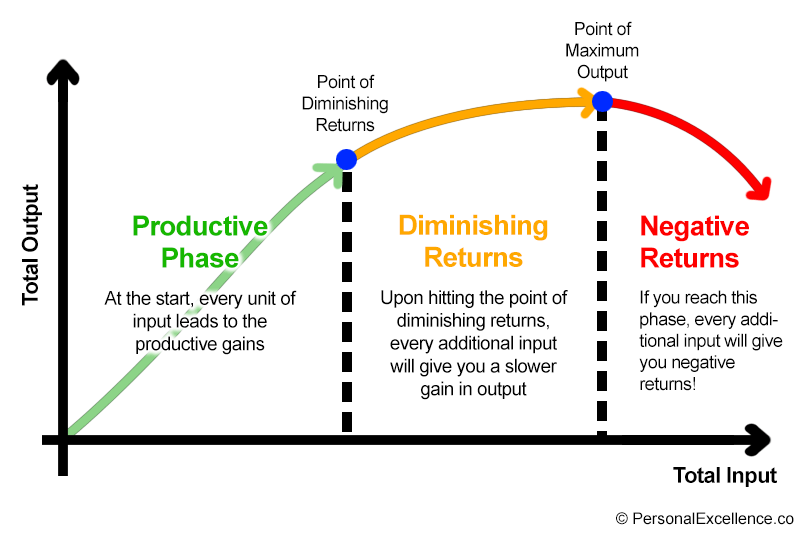Collapse of the USSR & Impending Collapse—EU/USA
ON THE RADAR examines the Empire’s collapse.
Let's examine the collapse of Empires, drawing parallels between the Soviet Union's demise and the potential for similar outcomes in the United States and the European Union. A Russian émigré, Dmitry Orlov, argues that these states face similar challenges, including dwindling resources, economic instability, and bureaucratic inefficiency. He suggests that the US, like the Soviet Union, is vulnerable to a decline driven by these factors. Ugo Bardi elaborates on this theme, examining the European Union's complex structure and its susceptibility to what he calls the "Seneca collapse," a phenomenon where complexity ultimately leads to instability. Bardi further argues that the EU's reliance on imports and lack of military power leave it particularly vulnerable to economic decline. Both authors highlight the importance of understanding and preparing for potential collapse by focusing on individual resilience and resourcefulness.
Collapse of Superpowers – A Comparative Analysis
Main Themes:
The US is exhibiting similar vulnerabilities to those that precipitated the Soviet collapse, focusing on economic and social factors.
Key Ideas and Facts:
1. Ingredients for Superpower Collapse:
Dmitry Orlov, in his book Reinventing Collapse, identifies key ingredients for superpower collapse:
Dwindling domestic oil production
Worsening foreign trade deficit
Uncontrolled military spending
Mushrooming foreign debt
A humiliating military defeat (e.g., Afghanistan for the USSR, Iraq for the US)
Fear of impending catastrophe (e.g., Chernobyl for the USSR, climate change for the US)
Orlov contends that these factors, present in the USSR and the US, create conditions ripe for collapse.
2. USSR's Unexpected Advantage:
Despite its totalitarian nature, the USSR possessed certain advantages over the US in terms of collapse preparedness:
Lower dependence on automobiles
State-provided safety net for basic needs (housing, healthcare)
Emergence of informal economies (e.g., "chelnoki" - itinerant merchants)
3. The US's Vulnerability:
The US, according to Orlov, is particularly vulnerable due to its:
Car-centric culture
Lack of a robust social safety net
Dependence on a volatile global economy
Potential for social unrest and crime in the face of economic hardship
Unsustainable levels of debt potentially lead to hyperinflation and a worthless currency.
4. Tainter's Law and the EU:
Ugo Bardi, in his article on the EU's potential collapse, highlights Tainter's law of diminishing returns to complexity:
Larger, more complex systems require increasingly more resources and energy to maintain, eventually reaching a point of unsustainability.
The EU's bureaucratic structure, particularly its multilingualism, exemplifies this law.
As energy resources become scarcer and complexity costs rise, the EU's structure risks collapse.
5. Similarities Between Superpowers:
Both Orlov and Bardi emphasize the striking similarities between seemingly different superpowers:
All are susceptible to corruption, bureaucracy, inequality, and resource depletion.
Citizens in these systems share similar daily routines and concerns.
This suggests that large, complex systems face similar challenges and vulnerabilities despite ideological differences.
6. Strategies for Survival:
Orlov suggests reducing reliance on money and anticipating potential hyperinflation.
Stockpile essential resources for bartering.
Develop skills and relationships for a resource-based economy.
Consider adopting a more nomadic lifestyle.
Avoid entanglement with the potentially oppressive justice system.
Bardi suggests that the EU could simplify its structure by reducing bureaucracy and language barriers.
Transitioning to a hierarchical empire model could increase efficiency, although it is unlikely for the EU. [We don't have leaders like Napoleon anymore.]
Recognizing the inevitability of collapse and taking proactive steps to adapt.
Important Quotes:
Orlov: "Make no mistake about it: this soup will be served, and it will not be tasty!"
Orlov: "You or me trying to do something about it would have the same effect as you or me wiggling our toes at a tsunami."
Bardi: "The impending collapse of the EU illustrates how all large structures are subjected to Tainter's law of diminishing returns on complexity."
Bardi: "Growth is slow, but ruin is rapid. It is one of the laws of the universe. If there were no collapses, nothing would ever change."
We are confronted with a sobering perspective on the potential collapse of superpowers, highlighting the interconnectedness of economic, social, and political factors. While predicting the exact timing and nature of such events is impossible, understanding the underlying vulnerabilities and potential consequences is crucial for individuals and societies to prepare for an uncertain future.
Professor Joseph Tainter is an American anthropologist and historian who studied anthropology at the University of California, Santa Barbara, and Northwestern University, where he received his Ph.D. in 1975. As of 2012, he holds a professorship in the Department of Environment and Society at Utah State University. In this interview, Professor Tainter discusses the thesis of his widely acclaimed work “The Collapse of Complex Societies,” 25 years after its publication in 1988. His book is among the great classics of the study of collapse. In my view a work whose quality and relevance is comparable to Limits to Growth.



